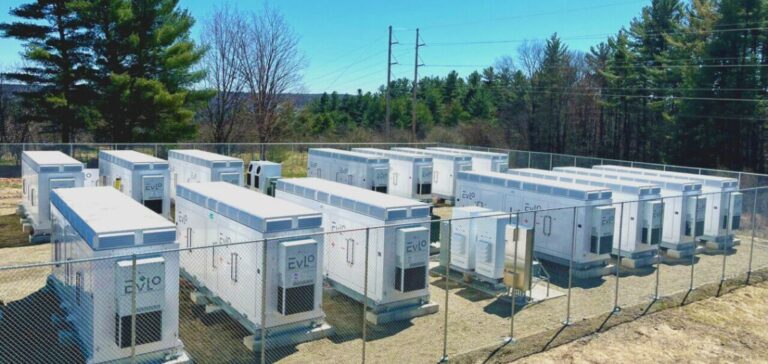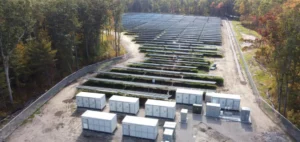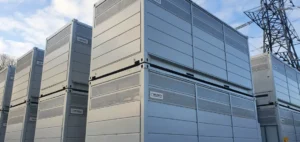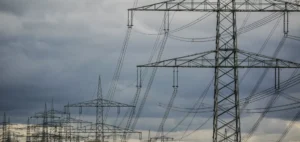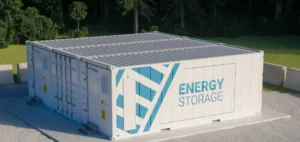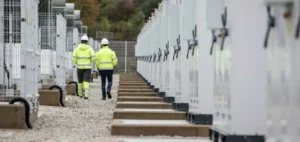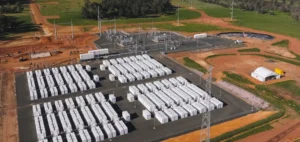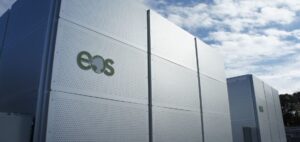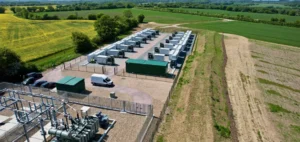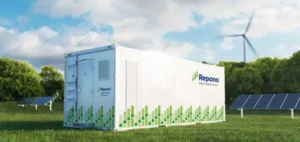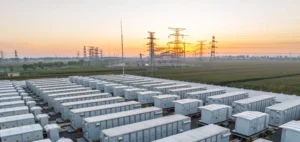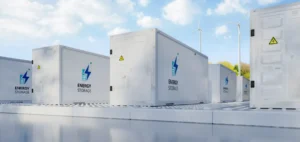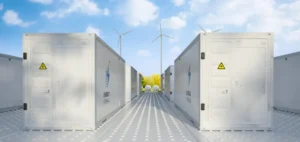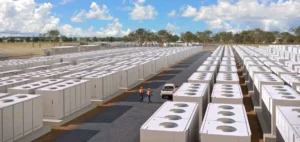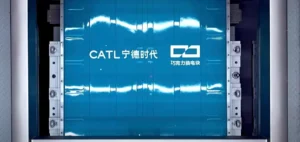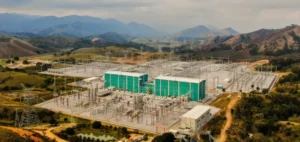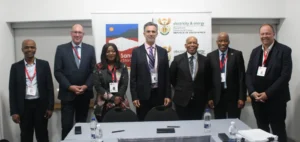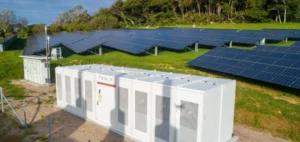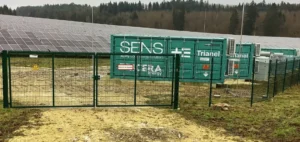EVLO Energy Storage Inc., a wholly owned subsidiary of Hydro-Québec specialising in battery energy storage systems, announced the commissioning of a 4 megawatt (MW) and 8 megawatt-hour (MWh) installation on the island of Tutuila, American Samoa. This project is the initial phase of a broader initiative involving three solar-plus-storage systems with a total combined capacity of 10 MW and 20 MWh. The equipment is supplied in collaboration with Eastern Power Solutions, a turnkey solar energy service provider.
Solar electricity storage and regulation
The three projects, distributed across the islands of Tutuila and Aunu’u, are designed with capacities of 4 MW/8 MWh, 5 MW/10 MWh, and 1 MW/2 MWh respectively. These installations are intended to support ramp rate control, a critical function to mitigate fluctuations in photovoltaic solar energy output. The use of storage systems enables more effective integration of renewable energy into the grid and enhances local power supply stability.
Strategic support for the local public utility
The American Samoa Power Authority (ASPA), a public utility responsible for electricity, potable water, wastewater, and solid waste services for around 50,000 residents, selected Eastern Power Solutions and the EVLO 1000 system as its preferred technology solution for renewable energy projects. Currently, nearly all of American Samoa’s energy needs are met through imported fossil fuels, covering sectors such as electricity generation, transport, and water treatment.
Reducing reliance on imported fuels
The archipelago, located in the South Pacific, spans approximately 76 square miles and consists of five islands and two coral atolls. Due to its isolation, American Samoa must generate all its electricity locally. In 2016, the American Samoa Renewable Energy Committee (ASREC) set a goal to achieve 100% renewable energy by 2040, primarily through solar. The territory’s high solar exposure supports this strategy, with storage systems playing a central role.

